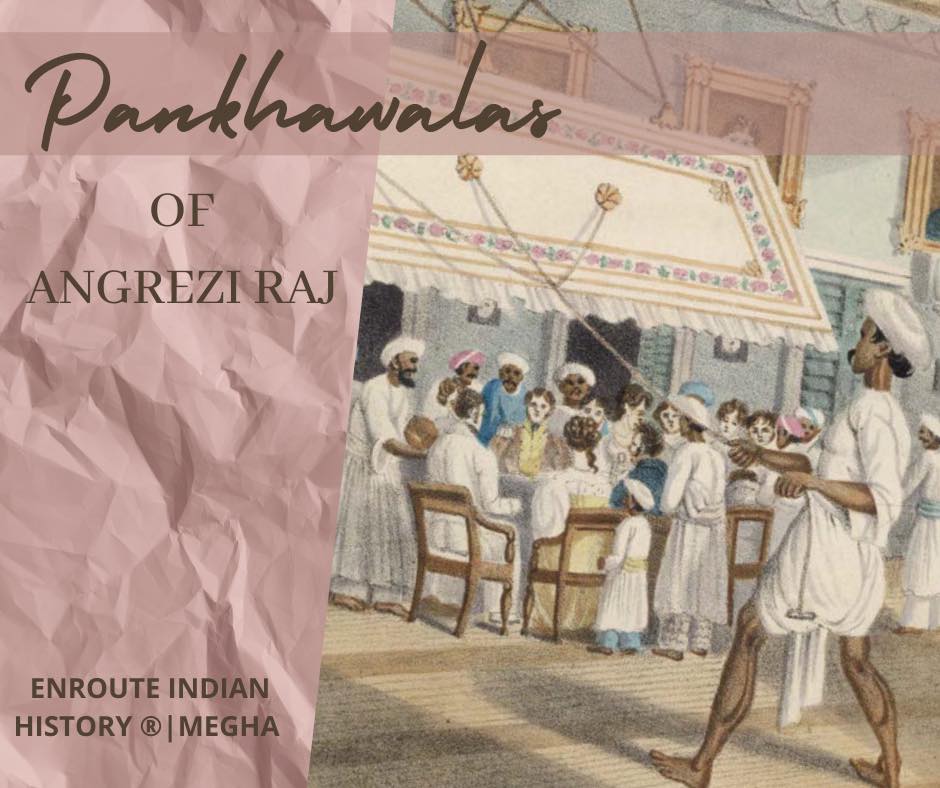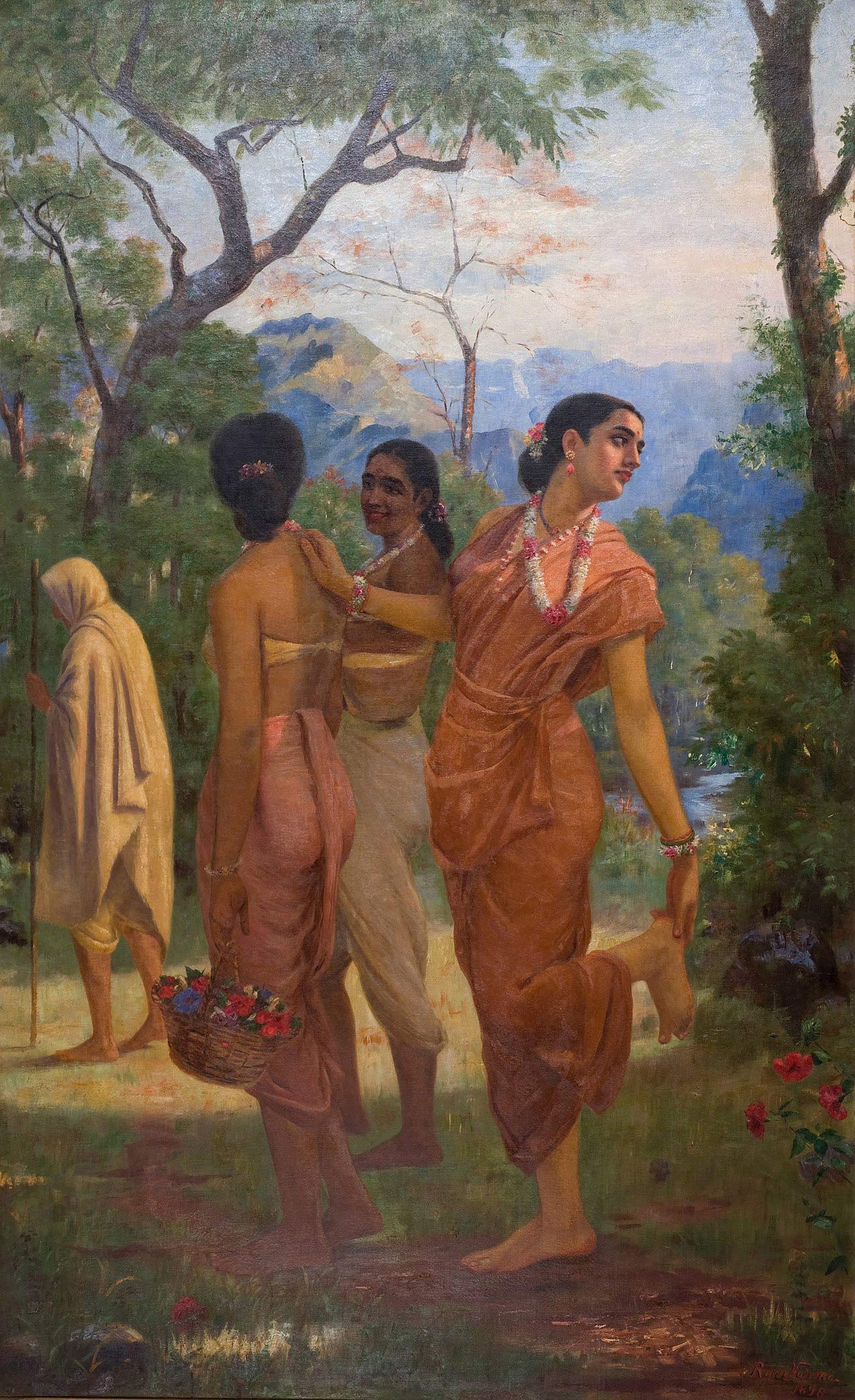
This is true for Pankhawalas as well, who formed a category of servants in colonial India and remain in the background in oblivion. Servants belonged to a distinct social group and had low caste and class status, rendering them socially marginal figures.
The hot months in India were very harsh, especially for the Britishers. The pankhawalas provided them with a respite from the heat. As can be seen from a lot of images of the period, these pankhawalas were not allowed in the same room and pulled the ropes from outside. This gave the Britishers and their families privacy. It was also emphasised that these pankhawalas should be deaf, elderly, or hard of hearing so that the intimate conversations do not leak out. As tiresome as their work already was, the pankhawalas were also yelled at and beaten by their masters, like most other servants.
Pankha making, on the other hand, was considered an art in itself. Various varieties of pankha were produced. The Pankha collection of Jatin Das exhibits the traditional craft of Pankha making in the Muglai, Colonial and even later periods. The intricate work and different kinds of materials used for making these fans make each of them invaluable, and each fan becomes a canvas that embodies its own unique story.
Later, with the coming of electric fans, the jobs of punkhawalas became obsolete and there was a decline in hand-pulled fans. On the other hand, due to technological innovation, other jobs like that of drivers have become prominent with the advent of motor cars. Thus, changes in technology brought a shift in domestic material cultures.
Research Credits: Megha Solanki
.




















